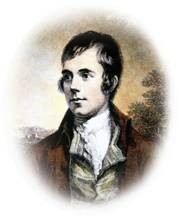What a great day and fun was had by all…
As part of our IDL topic we have been exploring aspects of these Experiences & Outcomes:
By exploring places, investigating artefacts and locating them in time, I have developed an awareness of the ways we remember and preserve Scotland’s history.
SOC 1-02a
I can use evidence to recreate the story of a place or individual of local historical interest.
SOC 1-03a
I can compare aspects of people’s daily lives in the past with my own by using historical evidence or the experience of recreating an historical setting.
SOC 1-04a
By exploring my community and the groups within it, I can identify and consider different types of housing and how they meet needs.
Key Questions to be explored
- What do we think we know and what do we want to find out?
- Who might have lived here and why?
- How were these buildings built and who for?
We were also able to use the experience to make links with our functional writing. We are learning to select relevant ideas, order our writing, use connectives and adjectives to make our writing interesting.
My Personal Response
Yesterday we went to visit Linlithgow Palace because we have been learning about People and Places in the past.
We organised ourselves ready to leave at 10 o’clock.
We wore our welly boots and waterproof coats so we were prepared for the cold, windy weather.
When we arrived at the palace we met our tour guides then we went off in our groups to the first room and learned lots of interesting facts.
My favourite room was the Vomitorium as it was very interesting to hear about, it also made me laugh.
We ate our lunch altogether in the Palace Hall and then went to meet the Rangers.
When we were outside we had to imagine we were peasants, think about what their life was like. I got to carry the bundle of sticks as well as throw a mud mixture as if I was building my own hut!
We had a great day at Linlithgow Palace even though the weather was rather wet and cold.
Please enjoy a few visuals from our experience.














































